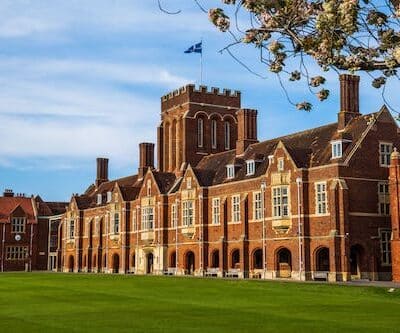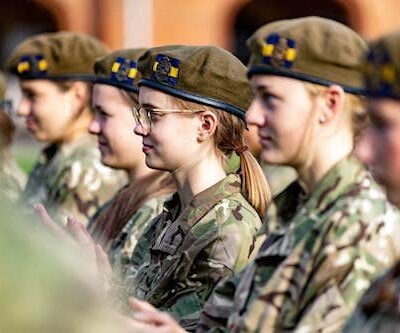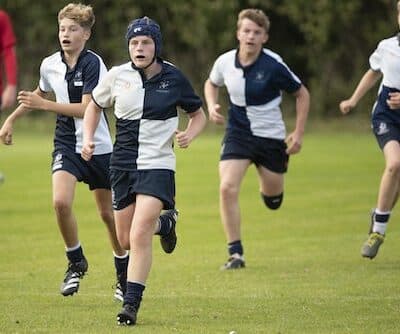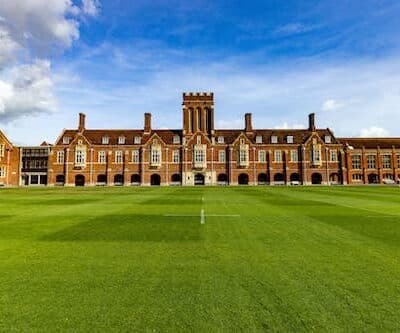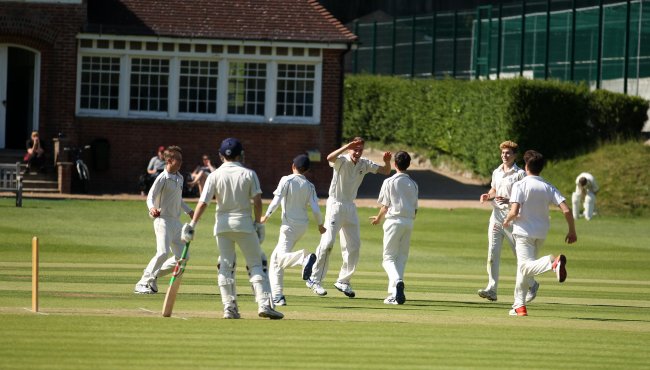WW1 in Sussex
A group of Eastbourne College sixth form historians recently attended a lecture on World War One at Hendall Manor. The College group had been personally invited by Mr Christopher Gebbie, the High Sheriff of East Sussex.
On her return to the College, Zanna Cooper, Year 12 Nugent, wrote the following account of the event:
“Jeremy Banning, the military historian, gave a thrilling overview of the influence that the county of Sussex had on World War One. He explained how underground tunnelling made an enormous impact on the War. Mr Banning shared his research of the La Boisselle Tunnels with the audience – a selection of history students from schools across Sussex.
Mr Banning gave details of how important the 20 Royal Sussex battalions and the military camps were in Sussex. He talked about the dangers facing the Sussex coast and the introduction of blackouts for this reason. He also stressed the importance of the women back at home, saying that they ‘held it all together’ by supplying resources, raising money and giving support, as well as replacing the men in typically male jobs.
Mr Banning then turned his focus to the impact of tunnelling. I was amazed at the great scale of these tunnels and how without the efforts of thousands of miners the war would have been very different. Jeremy Banning showed us images of the site in La Boisselle that he and a team of others have been trying to protect from development. Personally, I found the intricacy and sheer brutality of the WW1 underground warfare both immensely interesting but also quite shocking.
The talk was given in the surroundings of the beautiful Hendall Manor, which added a sense of occasion to this celebratory event marking the centenary of the Great War. The lecture was captivating and opened our eyes to the impact that Sussex and underground tunnelling had on World War One.”
